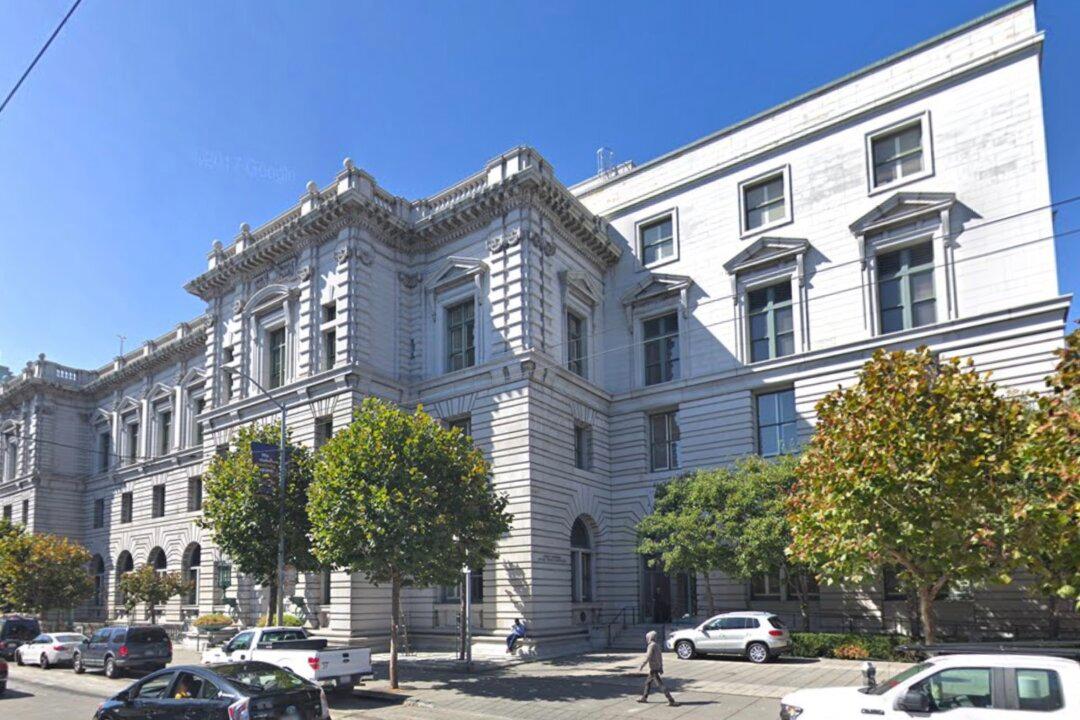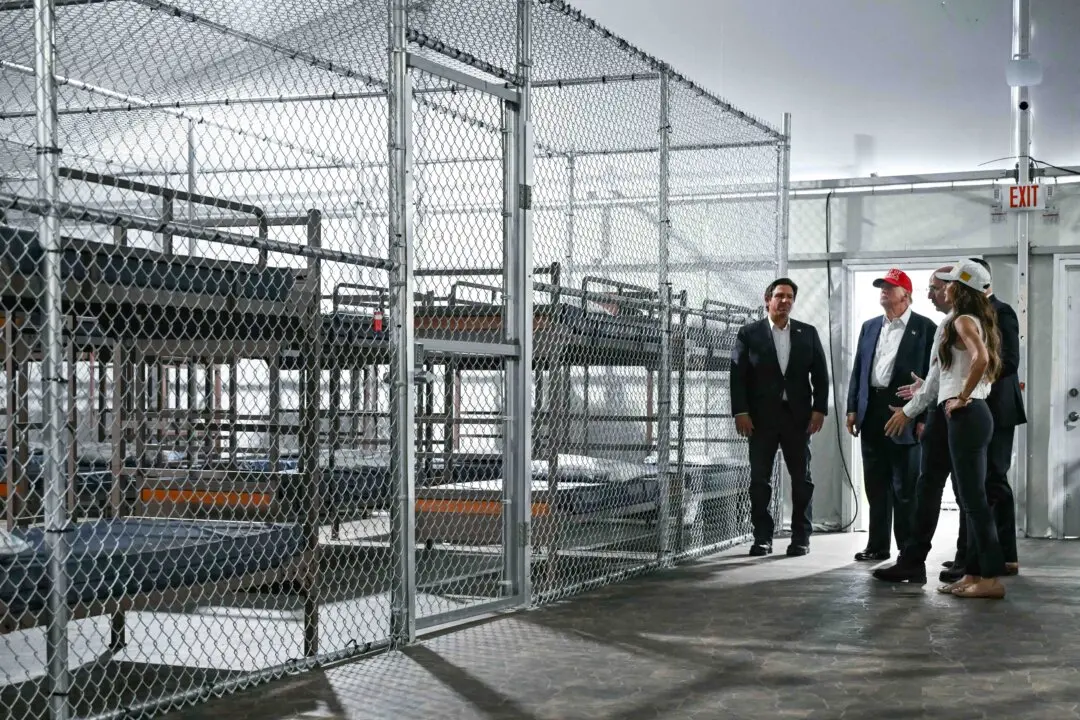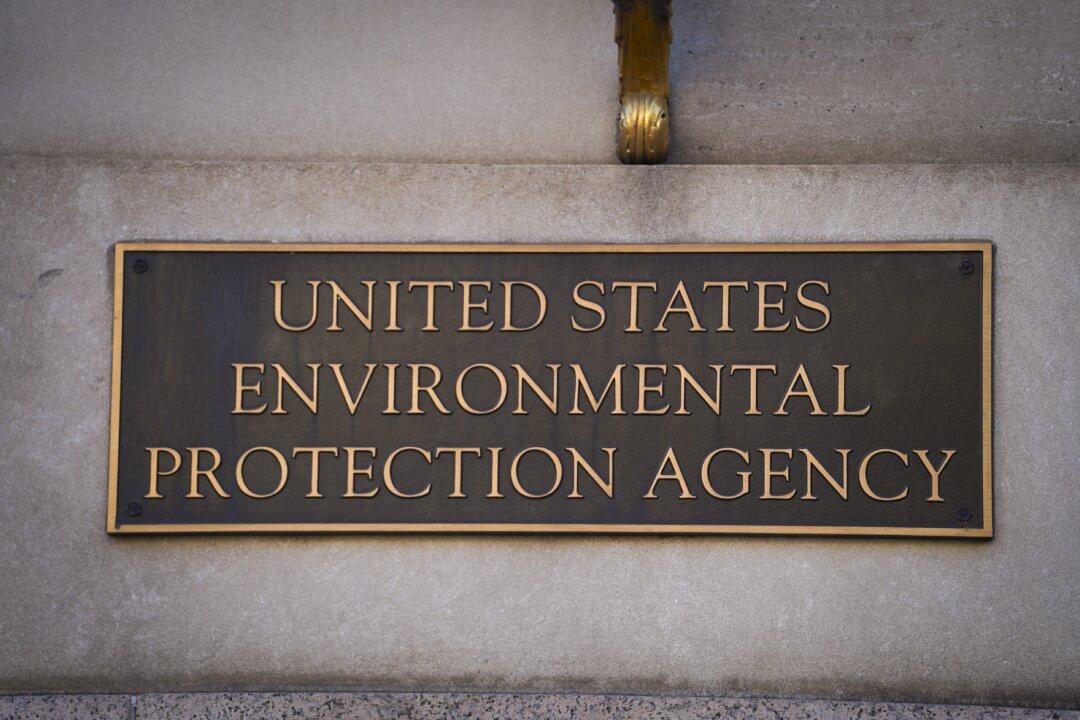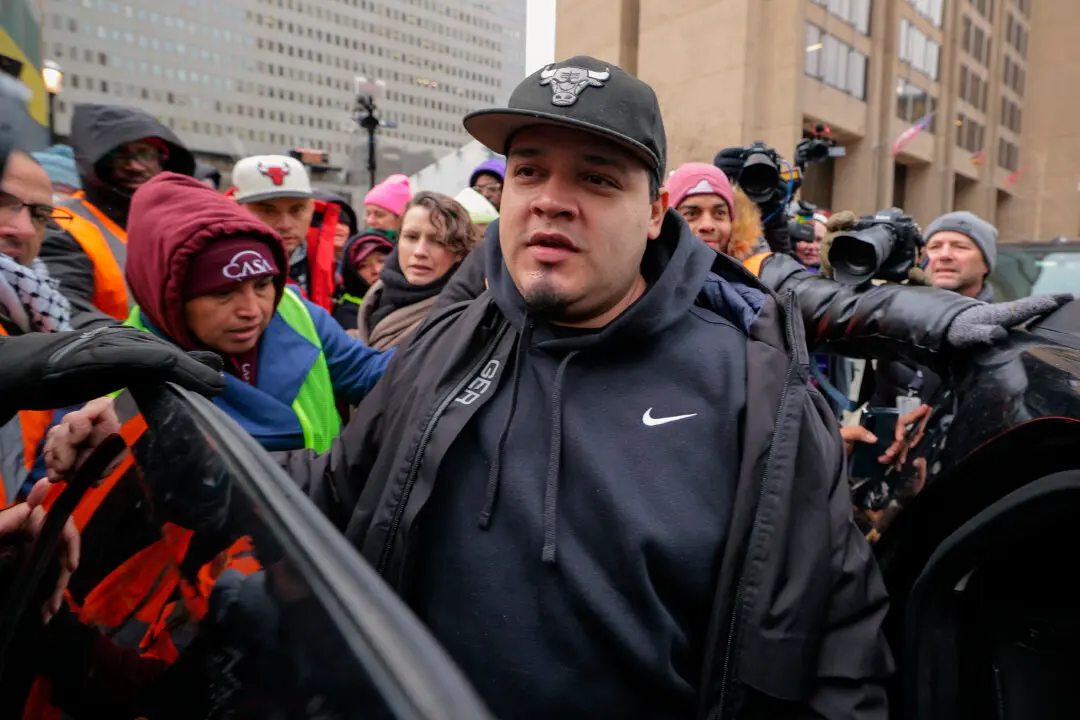News Analysis
A federal appeals court in California ordered an illegal alien who was captured during an immigration raid to be freed because the warrant used by U.S. Customs and Immigration Enforcement (ICE) indicated only that agents were searching for employment records, not preparing a large operation involving mass arrests of unlawfully employed foreigners.





